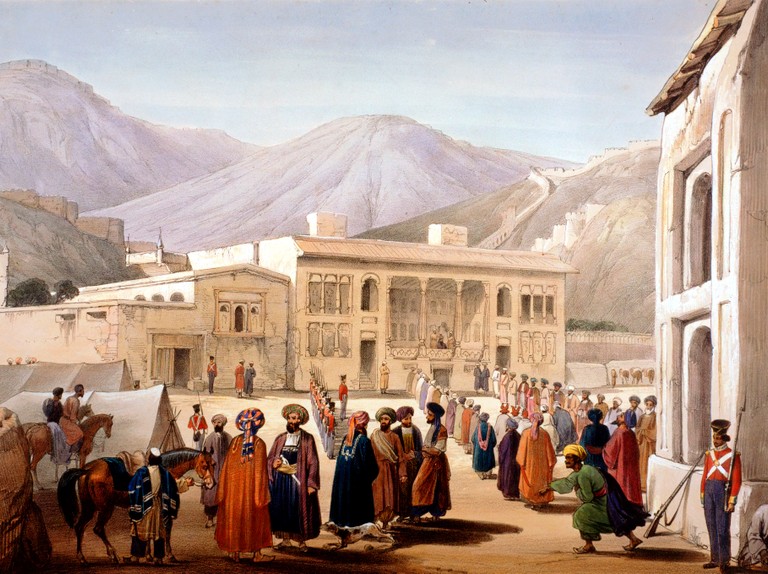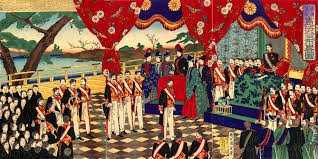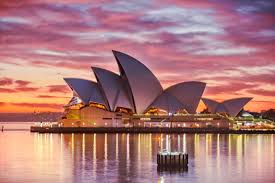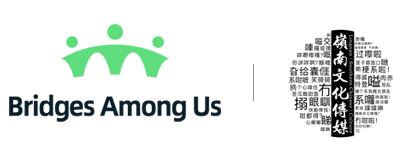Timeline of Critical Events: 1747 - Present (2021)
1747 After the Hotak Empire took over the declining Persian Empire in Southern Afghanistan, the last Hotak ruler himself was deposed by the Nader Shah, who was assassinated by his own guards in 1747, appointing Ahmad Shah Durrani as his successor and the King of Afghanistan. Ahmad Shah, later regarded as the father of the nation, brought together nine Afghanistan tribal leaders and unified the entire region for the first time, founding the Durrani Empire.
1826 Dost Mohammed brought peace to the region again after years of chaos under the ruling of rather unwise rulers, founding the Emirate of Afghanistan.
1826 onward The Great Britain, along with the British Raj, were involved in military campaigns against the Russian Empire for sovereignty or control over Afghanistan, as the region acted as a crucial, buffer-zone area in South Asia at the time.
1839-1842 The reigning Afghanistan leaders were mostly appointed by Great Britain. Their ruling did not particularly appease the common public, and local guerilla forces started forming and launched attacks of different scales on the stationed British military forces, leading to three years of the First Anglo-Afghan War. [10]

1843 The armed forces of Great Britain retreated from the capital, Kabul, but later sent back an army for retaliation, burning down the city.
1901 Habibullah Khan, with a determination to reform the country, brought into Afghanistan advanced technologies, new legislation concepts, and a more Western lifestyle. [11]
1921 Great Britain was burdened by its ongoing post-war recovery and its foreign affairs in other parts of the globe, so as part of the amended Treaty of Rawalpindi signed on November 22nd, Great Britain recognized Afghanistan’s complete independence, but no formal friendship or alliance between the two countries was recognized. Agreements regarding Afghanistan’s future standpoints and policies towards Great Britain and Russian Empire remained undecided and obscure.
1923 Amanullah Khan proclaimed himself as the first King of the Kingdom of Afghanistan, starting a series of social reform movements to modernize Afghanistan. New laws under his reign forbade women from wearing the traditional face veils and granted women with the right of education. Amanullah Khan’s new laws also prohibited women from wearing the traditional, religious clothing in public; he once lit a woman’s shalwar kameez (traditional dress) on fire when he saw her walking on the street, forcing her to run home unclothed. Great tension arose between the King and the religious leaders, among whom the Hazrat of Shor Bazaar, known as Sher Agha, [4] openly criticized the King and was forced into a half-exile to Deoband, India, where the Deobandi Movement would later originate from. [5] [7]
The Golden Age The rulers were very open to Western culture and mindset. However, they did not follow the same trail as Amanullah Khan but had taken rather conservative approaches to reform instead. [8]
- Mohammed Zahir Shah -He wanted Afghanistan to develop close diplomatic relationships with the Soviet Union.
- Mohammed Daoud Khan -Daoud, with his pro-Communist students, overthrew Zahir Shah and founded the Republic of Afghanistan.
- Nur Mohammed Taraki -Taraki overthrew Daoud because he had become way too autocratic.
- Hafizullah Amin -Amin, Taraki’s deputy, assassinated Taraki because Amin supported the U.S. while Taraki wanted to cooperate with the Soviets.
1978 The April Revolution, also known as the Saur Revolution, took place in Afghanistan. Democratic Republic of Afghanistan was founded.
1979 The Soviet Union invaded Kabul, Afghanistan, in a fear of Amin forming alliance with the U.S. officials. The pro-Communist students in Afghanistan offered support to the Soviet Army. The Soviets released some of the political prisoners in Kabul. The Soviets carried out cruel and extreme execution to the citizens participating in religious practices.
1979-1989 Soviet-Afghan War. Many local, armed, guerilla forces called Mujahideen began to form in Afghanistan. They believed that they were fighting a “Holy War (Jihad)” against the Soviet invaders as well as rest of the Western, corrupt governments and Western cultural, religious assimilation. Bin Laden believed firmly in the fundamental concepts of the “Holy War” with a determination to bring together and found a “single Islamic state.” Around 1988, he started to build and expand a military base in Eastern Afghanistan, providing Mujahideen troops with a place to rest, weapons, guidance, and teaching. [12]
Taliban (literally translates to a group of students) was also among the many local Mujahideen troops each financially supported by a different country outside Afghanistan with different political motives (many military goods were shipped via the Inter-Service Intelligence in Pakistan in support of the Mujahedeen.) Many of Taliban’s soldiers and followers were educated at Deoband, India with the rather extreme ideologies of the Deobandi Movement, learning texts like “The Creed of Imam al-Tahawi: Al-ʻAqīdah al-Ṭaḥāwīyah” and firmly believing in the absolute supremacy and oneness of the Allah (God.) [3]
1989-1992 Afghanistan Civil War.
1992 Many of the Mujahideen officials jointly founded the Islamic State of Afghanistan.
1994-1997 U.S. Gas companies maintained friendly relationships and collaborations with the Taliban Government.
1996 Taliban forces led by Omar invaded Kabul, took power, and moved the capital from Kabul to Kandahar, founding the Islamic Emirate of Afghanistan.
March 2001 Taliban bombed the Buddhas of Bamiyan.
September 11th, 2001 After the 911, the U.S. Government demanded the Taliban Government to hand over Bin Laden, but Taliban refused, arguing that Bin Laden fought and contributed to the greater Islamic society during the Holy War and thus was to be protected.
October 7th, 2001 NATO army marched into Afghanistan
Works Cited (MLA)
[1] Ansary, Mir Tamim, and Yingxiang Zhong. Wu Gui Ze You XI: Afuhan Lü Bei Zhong Duan De Li Shi = Games without Rules. Zhejiang Ren Min Chu Ban She, 2018.
[2] Hiro, Dilip. Holy Wars (Routledge Revivals): The Rise of Islamic Fundamentalism. Routledge, 2013.
[3] Muḥammad Ṭaḥāwī Aḥmad ibn, and Allāh, Ibn Bāz, ʻAbd al-ʻAzīz ibn ʻAbd. The Creed of Imam Al-ṭaḥāwī (Al-Aqeeda Al-Tahawiya) = Al-ʻaqīdah Al-Ṭaḥāwiyyah. International Islamic Pub. House, 1993.
[4] Edwards, David B. Before Taliban: Genealogies of the Afghan Jihad. Berkeley: University of California Press, c2002 2002. http://ark.cdlib.org/ark:/13030/ft3p30056w/
[5] Pike, John. “Military.” Deobandi Islam, www.globalsecurity.org/military/intro/islam-deobandi.htm.
[6] “وصفه صلى الله عليه وسلم.” Alsunna.org - Islamic Information per Qur'an and Alsunna., www.alsunna.org/the-correct-meaning-of-the-term-ahlus-sunnah-wal-jamaah.html#gsc.tab=0.
[7] Monier, Elizabeth, and Hadani Ditmars. “Schools of Thought in Islam.” Middle East Institute, 1 Nov. 2019, www.mei.edu/publications/schools-thought-islam.
[8] “Afghanistan's Untold Story: Stability, Tourists, Miniskirts.” CNN, Cable News Network, https://edition.cnn.com/2009/WORLD/asiapcf/08/19/afghan.untold/index.html.
[9] “Mullah Omar: Taliban Leader 'Died in Pakistan in 2013'.” BBC News, BBC, 29 July 2015, www.bbc.com/news/world-asia-33703097.
[10] “First Afghan War.” National Army Museum, www.nam.ac.uk/explore/first-afghan-war.
[11] “Ḥabībullāh Khan.” Encyclopædia Britannica, Encyclopædia Britannica, Inc., www.britannica.com/biography/Habibullah-Khan.
[12] “War in Afghanistan | Global Conflict Tracker.” Council on Foreign Relations, Council on Foreign Relations, https://www.cfr.org/global-conflict-tracker/conflict/war-afghanistan





Post a comment Cancel reply